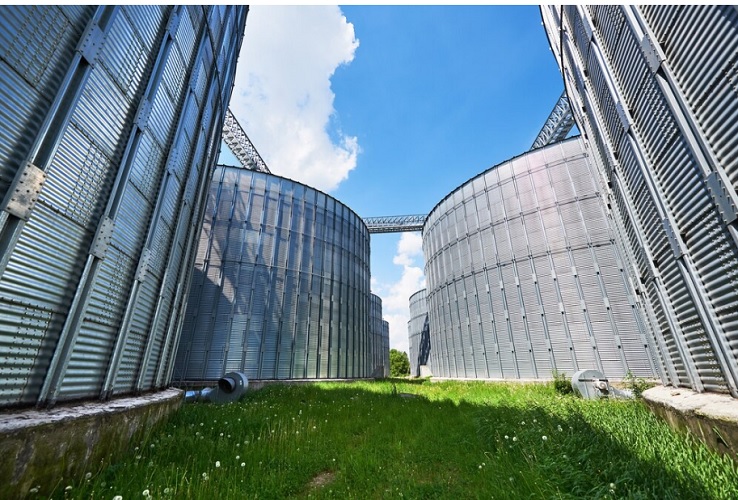In a significant development for the maritime industry, Dutch energy firms Attero and Nordsol have inaugurated a new bio-liquified natural gas (bio-LNG) production plant in Wilp, Gelderland. This state-of-the-art facility utilizes the latest gas treatment and liquefaction technologies to produce renewable marine fuel at scale. The inauguration, held on September 11, was graced by Dutch Queen Máxima.
The new plant aims to enhance sustainability in shipping by converting vegetable, fruit, and garden waste into renewable fuel. With long-haul transport currently heavily dependent on fossil fuels, this initiative addresses pressing concerns regarding CO2 emissions and their impact on the climate.
In the coming decade, the FirstBio2Shipping plant is projected to generate 2,400 tons of low-carbon bio-LNG, effectively reducing carbon dioxide emissions by 87,500 tonnes. Compared to conventional maritime fuels, bio-LNG can achieve a remarkable 92% reduction in greenhouse gas emissions.
This project is the result of a collaboration between Attero, which specializes in converting waste into new raw materials and green energy, and Nordsol, known for its innovative technology that transforms biogas into bio-LNG. Together, they aim to promote a circular economy and combat climate change.
Addressing the challenges associated with conventional LNG production, the Wilp facility incorporates a closed-loop system designed to capture and recycle all gases emitted during the bio-LNG production process. This initiative is vital for reducing greenhouse gas emissions and minimizing reliance on fossil fuels.
As Nordsol highlighted, the national production of renewable fuel from waste is crucial for achieving climate neutrality while also decreasing dependence on imported fossil fuels.





